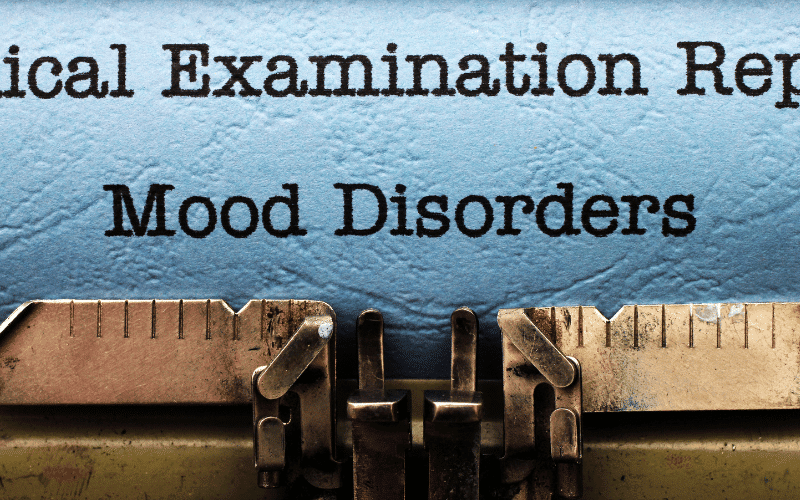Symptom 6: Mood Disorders: The Emotional Impact of Fibromyalgia

Mood disorders, such as depression and anxiety, are common companions of fibromyalgia. The constant pain, fatigue, and cognitive difficulties can take a significant toll on mental health, leading to an increased prevalence of mood disorders in individuals with this condition.
Depression in the context of fibromyalgia is more than just feeling down or sad. It’s a persistent low mood that permeates all aspects of life, affecting motivation, energy levels, and the ability to find pleasure in activities once enjoyed. It can manifest as feelings of hopelessness, helplessness, or excessive guilt, casting a dark shadow over everyday life.
Anxiety, too, plays a significant role in the fibromyalgia experience. The constant worry about symptoms, their unpredictability, and the impact on daily life can create a state of constant unease. Anxiety may also manifest as physical symptoms such as a racing heart, shortness of breath, or even panic attacks, further adding to the distress.
These mood disorders are not merely consequences of living with a chronic condition. They are integral parts of the fibromyalgia experience, intertwining with the physical symptoms and exacerbating them. For instance, depression can heighten the perception of pain, while anxiety can lead to muscle tension and increased pain sensitivity.(6)